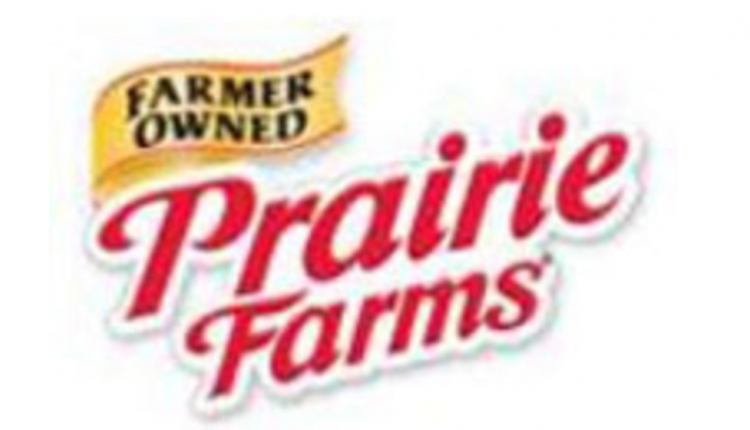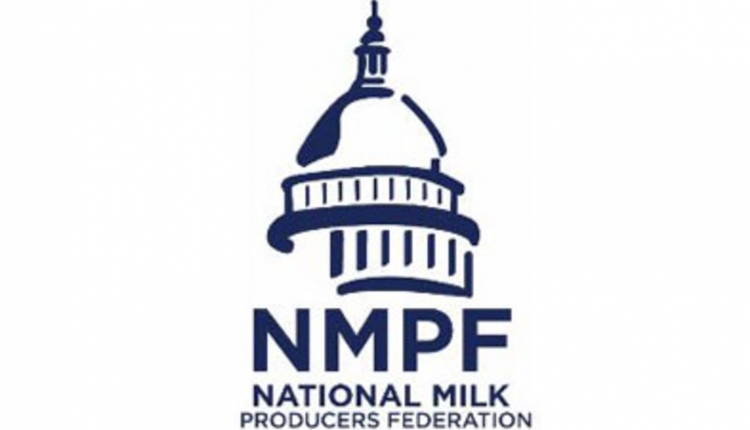
IDFA today urged the Food and Drug Administration (FDA) to modernize outdated standards of identity for dairy products, revise overly burdensome regulations under the Food Safety Modernization Act (FSMA) and extend the compliance date for the revised Nutrition Facts label in comments filed in response to the agency’s request to identify regulations that foods manufacturers believe should be repealed, replaced or modified.
“IDFA appreciates the opportunity to provide comments to FDA regarding the regulatory burden that dairy foods manufacturers face and suggest revisions to those regulations,” said Cary Frye, IDFA senior vice president for regulatory affairs. “IDFA supports the Trump administration’s goals to significantly reduce regulatory burdens while maintaining the product safety and integrity that consumers expect.”
Extend the Nutrition Facts Label Compliance Date
IDFA is asking FDA to extend the compliance dates for the Nutrition Facts label and Serving Size final rule to July 1, 2020, for manufacturers with $10 million or more in annual food sales and until July 1, 2021, for manufacturers with less than $10 million in annual food sales. This additional time will allow dairy companies to properly manage label changes and significantly reduces costs to food companies and consumers.
“While IDFA greatly appreciated and supported FDA’s initial extension of the Nutrition Facts labeling compliance date, IDFA believes that additional time is needed to align the labeling compliance date as closely as possible with the U.S. Department of Agriculture’s (USDA) bioengineered food disclosure standard,” said Frye.
Modernize Standards of Identity
In its comments, IDFA said that there are currently 300 identity standards for foods across 20 broad categories that establish defining characteristics and describe processing parameters, permitted ingredients and compositional requirements. However, IDFA pointed out, many of these standards are outdated and do not reflect current processing technology nor do they provide the much-needed flexibility for future technological advancement.
“Reviewing and revising the existing standards of identity would provide more flexibility, allow for new ingredient uses and reflect current and future technological advances,” said Frye.“Each of the proposed changes will provide dairy processors with greater flexibility, the ability to create more innovative products and continue to meet consumer expectations.”
IDFA highlighted 10 dairy product identity standards that require modernization and modification including standards for cheese, ice cream, milk and yogurt.
Modify FSMA Regulations
Several provisions in FSMA, including the intentional adulteration rule, supply-chain requirements for co-packers and written assurances requirements, need revisions because they are overly burdensome, IDFA said.
“FSMA regulations represent a paradigm shift in how food is regulated in the U.S. to protect consumers from foodborne illness outbreaks, and our members are dedicated to ensuring that their products are safe, wholesome and nutritious,” said Frye. “Now that all of the major FSMA regulations have been promulgated, it is clear that in many instances there are duplicative and unnecessary requirements.”
A list of the 24 priority areas for regulatory reform can be found here.
The International Dairy Foods Association (IDFA), Washington, D.C., represents the nation’s dairy manufacturing and marketing industry, which employs nearly 1 million skilled individuals, generates more than $39 billion in direct wages and has an overall economic impact of more than $200 billion. IDFA is the umbrella organization for the Milk Industry Foundation (MIF), the National Cheese Institute (NCI) and the International Ice Cream Association (IICA).
Our members range from large multinational organizations to single-plant companies. Together they represent more than 85 percent of the milk, cultured products, cheese, ice cream and frozen desserts produced and marketed in the United States and sold throughout the world. Our diverse membership includes numerous food retailers, suppliers and companies that offer infant formula and a wide variety of milk ingredients.





